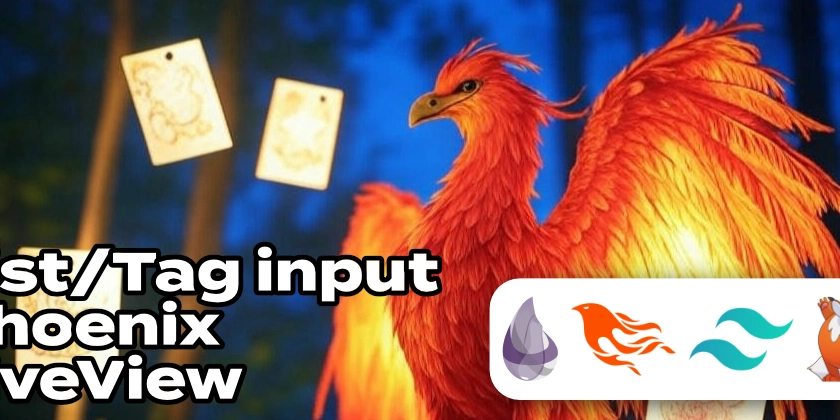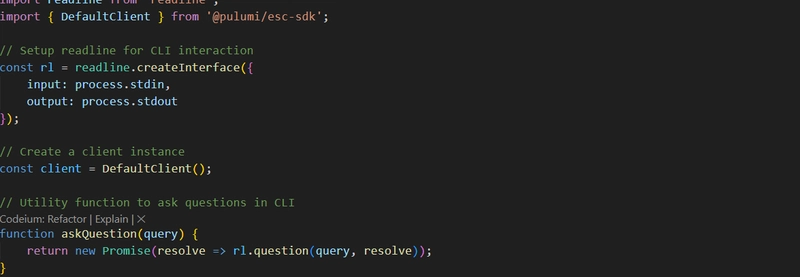Optimizing Images for WordPress – A Quick Guide for Beginners!
Hey folks, If you’re running a WordPress site, optimizing images is a must! Why? Images and videos take up a ton of space, and if they’re too heavy, your site will load slowly, frustrating visitors. Plus, a faster site boosts your Google ranking since load speed is a key factor. On top of that, tweaking image titles, captions, or ALT tags can skyrocket your SEO game. Here’s a quick rundown of easy ways to optimize images for WordPress: Pick the Right Format: JPEG for small, quality pics (great for most sites) or PNG for detailed stuff like logos (but use sparingly). GIFs are cool for animations too! Compress Images: Use tools like Photoshop, GIMP, or online options (TinyPNG, JPEGmini) to shrink file sizes without losing quality. WordPress plugins like Imagify or ShortPixel work wonders too. Resize Smartly: Match image sizes to your site’s display needs (e.g., 800x500px for detailed shots). SEO Boost: Add keyword-rich titles, ALT tags, and proper file names to help Google and users find you. I’ve been digging into tips from DataOnline, and they’ve got the full scoop! Want step-by-step details? Check out this guide – it’s packed with practical advice to make your WordPress site fast and SEO-friendly. Anyone got favorite image optimization tricks? Share below! Cheers,
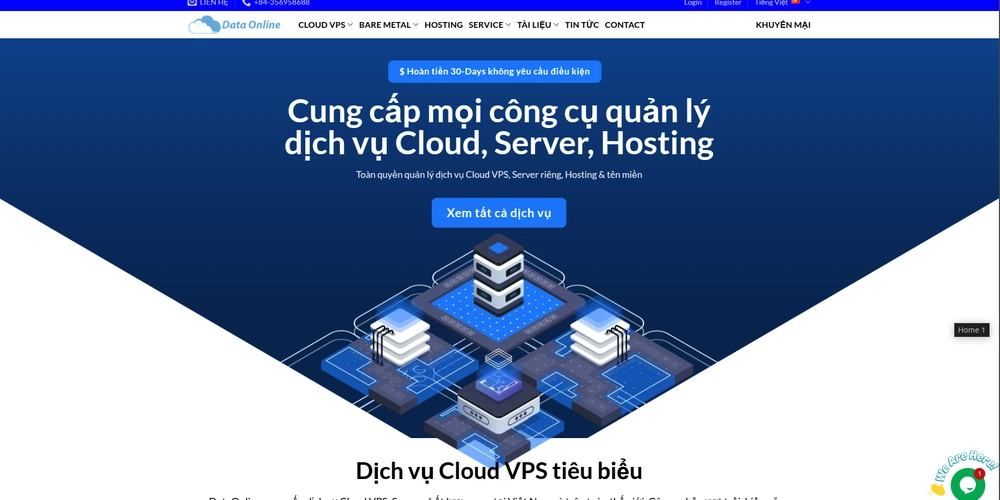
Hey folks,
If you’re running a WordPress site, optimizing images is a must! Why? Images and videos take up a ton of space, and if they’re too heavy, your site will load slowly, frustrating visitors. Plus, a faster site boosts your Google ranking since load speed is a key factor. On top of that, tweaking image titles, captions, or ALT tags can skyrocket your SEO game.
Here’s a quick rundown of easy ways to optimize images for WordPress:
Pick the Right Format: JPEG for small, quality pics (great for most sites) or PNG for detailed stuff like logos (but use sparingly). GIFs are cool for animations too!
Compress Images: Use tools like Photoshop, GIMP, or online options (TinyPNG, JPEGmini) to shrink file sizes without losing quality. WordPress plugins like Imagify or ShortPixel work wonders too.
Resize Smartly: Match image sizes to your site’s display needs (e.g., 800x500px for detailed shots).
SEO Boost: Add keyword-rich titles, ALT tags, and proper file names to help Google and users find you.
I’ve been digging into tips from DataOnline, and they’ve got the full scoop! Want step-by-step details? Check out this guide – it’s packed with practical advice to make your WordPress site fast and SEO-friendly.
Anyone got favorite image optimization tricks? Share below!
Cheers,











































































































































































![[The AI Show Episode 142]: ChatGPT’s New Image Generator, Studio Ghibli Craze and Backlash, Gemini 2.5, OpenAI Academy, 4o Updates, Vibe Marketing & xAI Acquires X](https://www.marketingaiinstitute.com/hubfs/ep%20142%20cover.png)
















































































































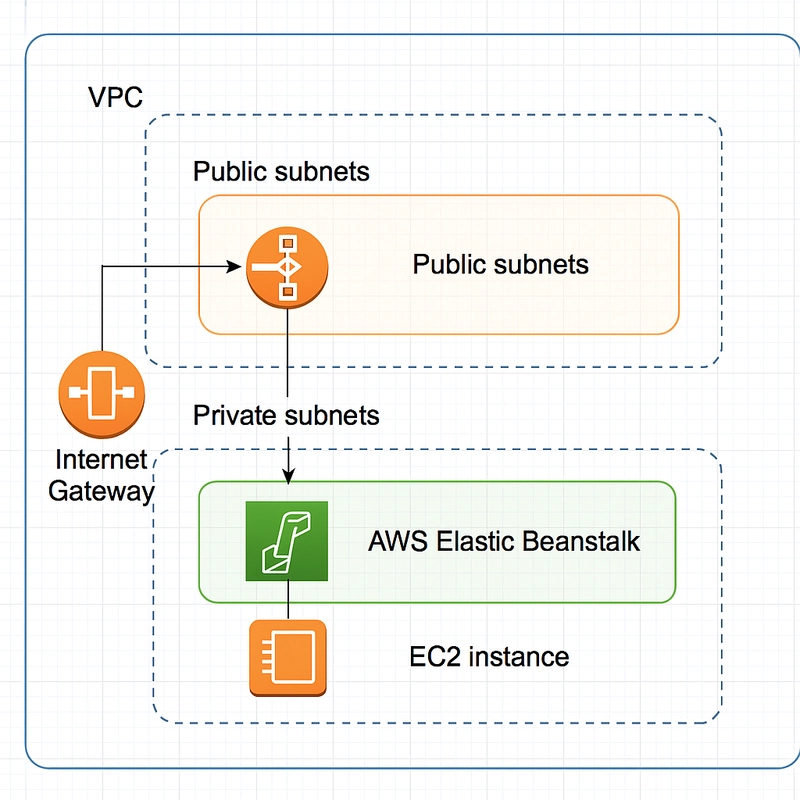
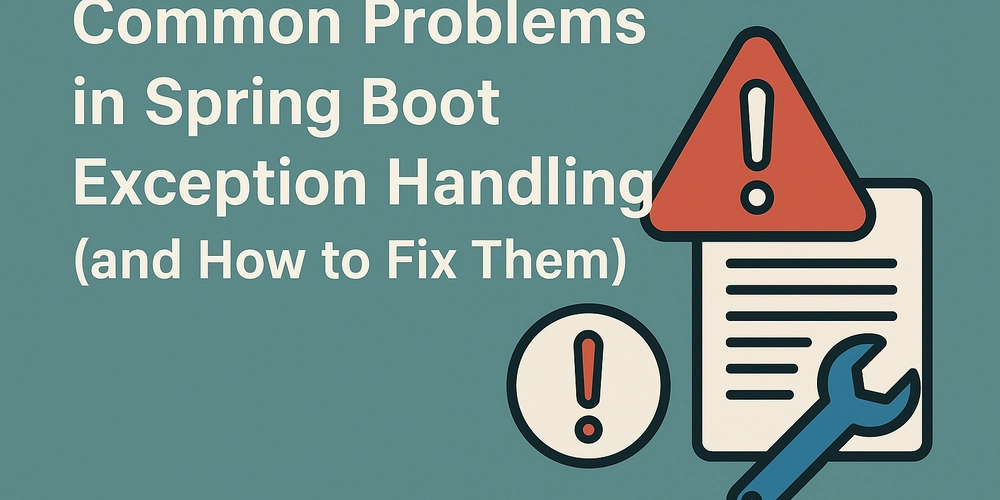
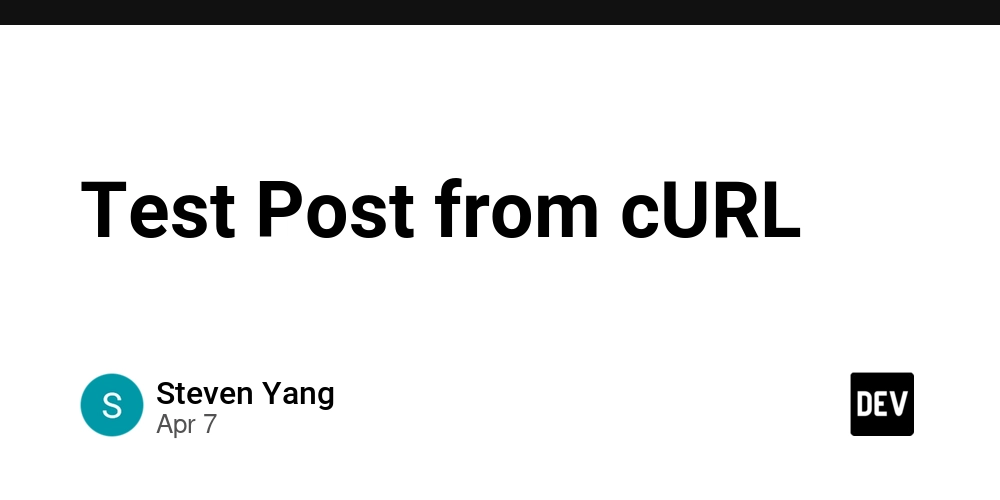









![[DEALS] The Premium Learn to Code Certification Bundle (97% off) & Other Deals Up To 98% Off – Offers End Soon!](https://www.javacodegeeks.com/wp-content/uploads/2012/12/jcg-logo.jpg)


![From drop-out to software architect with Jason Lengstorf [Podcast #167]](https://cdn.hashnode.com/res/hashnode/image/upload/v1743796461357/f3d19cd7-e6f5-4d7c-8bfc-eb974bc8da68.png?#)








































































































.png?#)

































_Christophe_Coat_Alamy.jpg?#)
 (1).webp?#)





































































































![Apple Considers Delaying Smart Home Hub Until 2026 [Gurman]](https://www.iclarified.com/images/news/96946/96946/96946-640.jpg)
![iPhone 17 Pro Won't Feature Two-Toned Back [Gurman]](https://www.iclarified.com/images/news/96944/96944/96944-640.jpg)
![Tariffs Threaten Apple's $999 iPhone Price Point in the U.S. [Gurman]](https://www.iclarified.com/images/news/96943/96943/96943-640.jpg)

































































































































